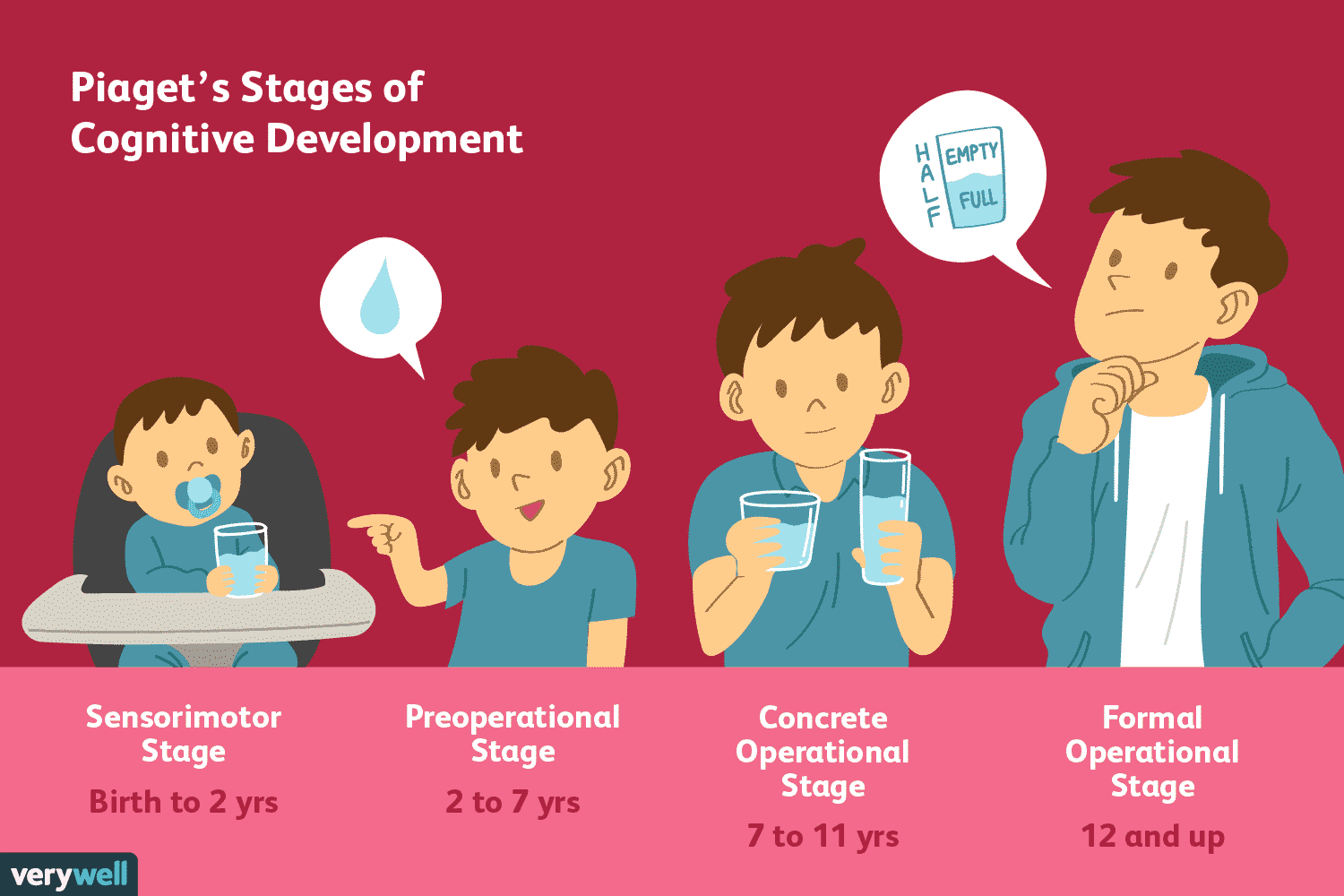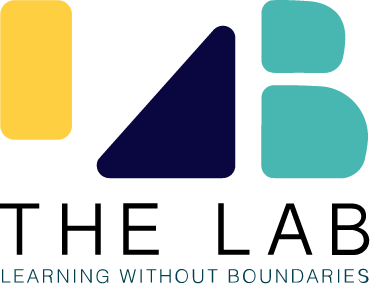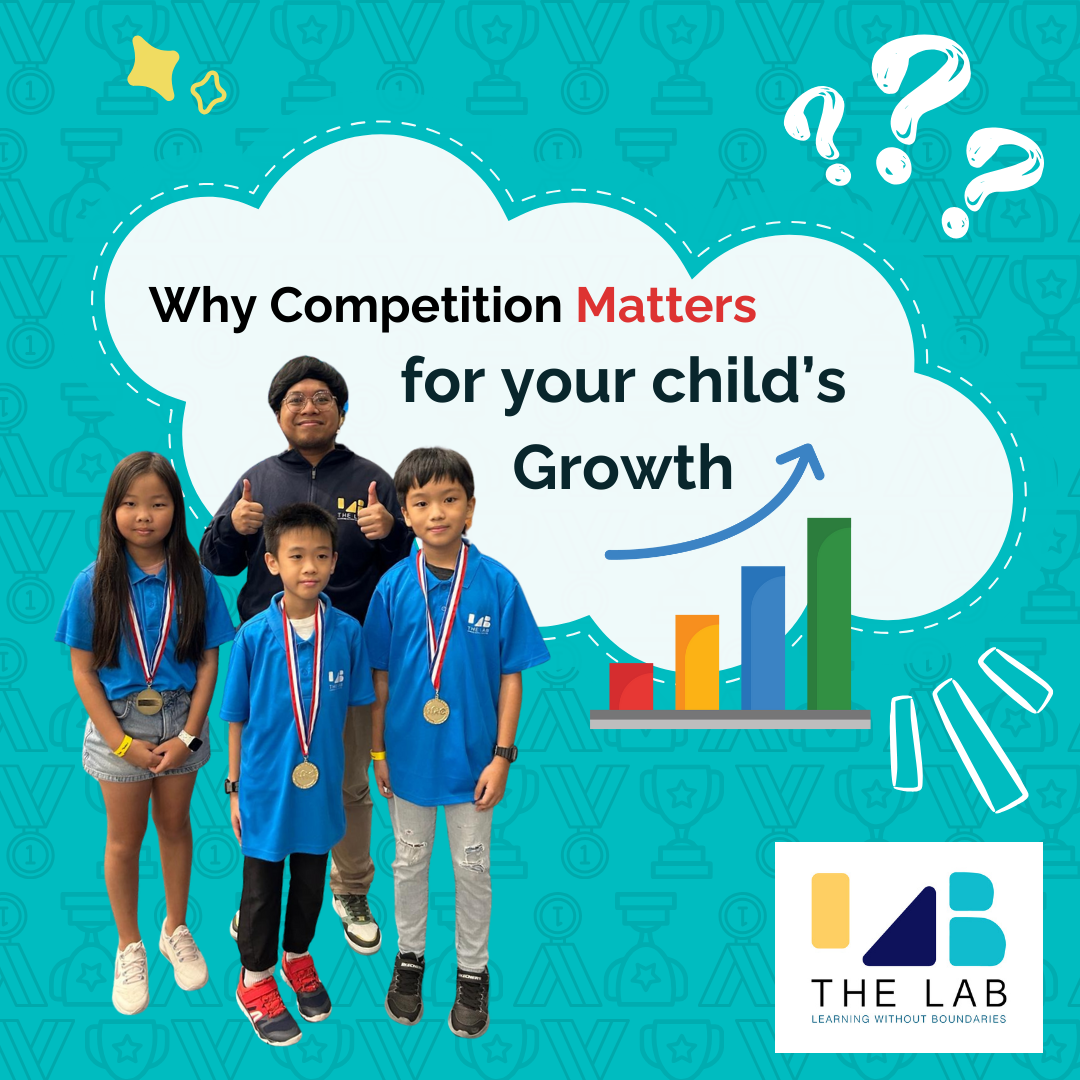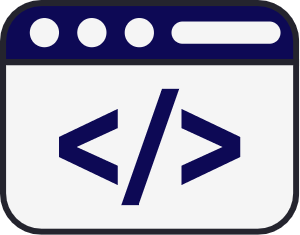
How do kids develop their intellect?
All children go through a series of developmental and intellectual growth stages. One of the most famous theories is that of Piaget’s.
The Piaget’s theory explains that children undergo four stages of intellectual development, from infancy through adulthood. This includes thought, judgment, and knowledge.
The Piaget’s four stages of intellectual (or cognitive) development are:
- Birth through ages 2 years old
- Ages 2 to 7
- Concrete operational. Ages 7 to 12
- Formal operational. Adolescence through adulthood
Sensorimotor Stage (Birth through ages 2 years old):
Your child understands the world through senses and actions. As these toddlers don’t yet know how things react, they are constantly experimenting with activities such as shaking or throwing things, putting things in their mouths, and learning about the world through trial and error.
Preoperational Stage (Ages 2-7 years old):
Young children are able to think about things symbolically, understanding the world through language and mental images. Their thinking is based on intuition and still not completely logical. They require adult intervention to guide them in grasping more complex concepts such as cause and effect, time, and comparison.
As the child is unable to conceptualize abstractly and needs concrete physical situations, experiential learning methods and environments are best for children at that age to grasp said concepts.
Concrete Operational Stage (Ages 7 – 12 years old):
At this time, your child can demonstrate logical, concrete reasoning independently. The child’s thinking becomes less egocentric and they are increasingly aware of external events. They understand world through logical thinking and categories.
Adolescents who reach this fourth stage of intellectual development should be able to think independently and logically use symbols related to abstract concepts, such as algebra and science. They can think about multiple variables in systematic ways, formulate hypotheses, and consider possibilities. They also can ponder abstract relationships and concepts such as justice. They understand world through hypothetical thinking and scientific reasoning.
Although Piaget’s theory has been fundamental and adopted by several learning institutions around the world, psychologists have found the age ranges for the above 4 stages to have been accelerated over the years. As technology improves over the years, classroom and learning management tools have evolved dramatically. From a chalk and whiteboard to touch-screen interactive TVs, it has definitely made learning more fun for our current generation.







